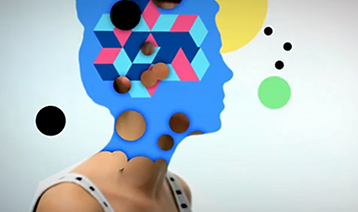
What Science Says:
5 Proven Benefits of Meditation for the Mind
Meditation sharpens our attention
Research shows that meditation can counteract habituation—the brain’s tendency to tune out new information in our environment. Mindfulness practices have also been found to reduce mind-wandering and enhance our ability to solve problems.

Mediation can improve our overall mental health & emotional intelligence
A review study from Johns Hopkins University examined how mindfulness meditation can help reduce symptoms of depression, anxiety, and pain. Dr. James Doty, a neurosurgeon at Stanford University School of Medicine, also emphasizes meditation’s role in developing emotional intelligence.

Meditation can lead to improved personal and professional relationships
While stress tends to narrow our perspective and that of your team, thus reducing empathy, negatively impacting performance, meditation can help boost your mood and increase your sense of connection to others, even make you a kinder and more compassionate & understanding person.

Meditation helps increase our resiliency to stress
Multiple research studies have shown that meditation has the potential to decrease anxiety, thereby potentially boosting resilience and performance under stress.

Meditation creates a better brain!
Mindful meditation has been shown to create physical changes in the brain through neuroplasticity. Remarkably, studies suggest that just eight weeks of consistent practice can increase gray matter volume. Gray matter, which contains most of the brain’s neuronal cell bodies, plays a vital role in muscle control, sensory perception, emotion regulation, memory, decision-making, and self-control.

Meditation helps with creativity
Research on creativity suggests that we come up with our greatest insights and biggest breakthroughs when we are in a more meditative and relaxed state of mind. That is when we have “eureka” moments. This is likely because meditation encourages divergent thinking (i.e. coming up with the greatest number of possible solutions to a problem), a key component of creativity.



